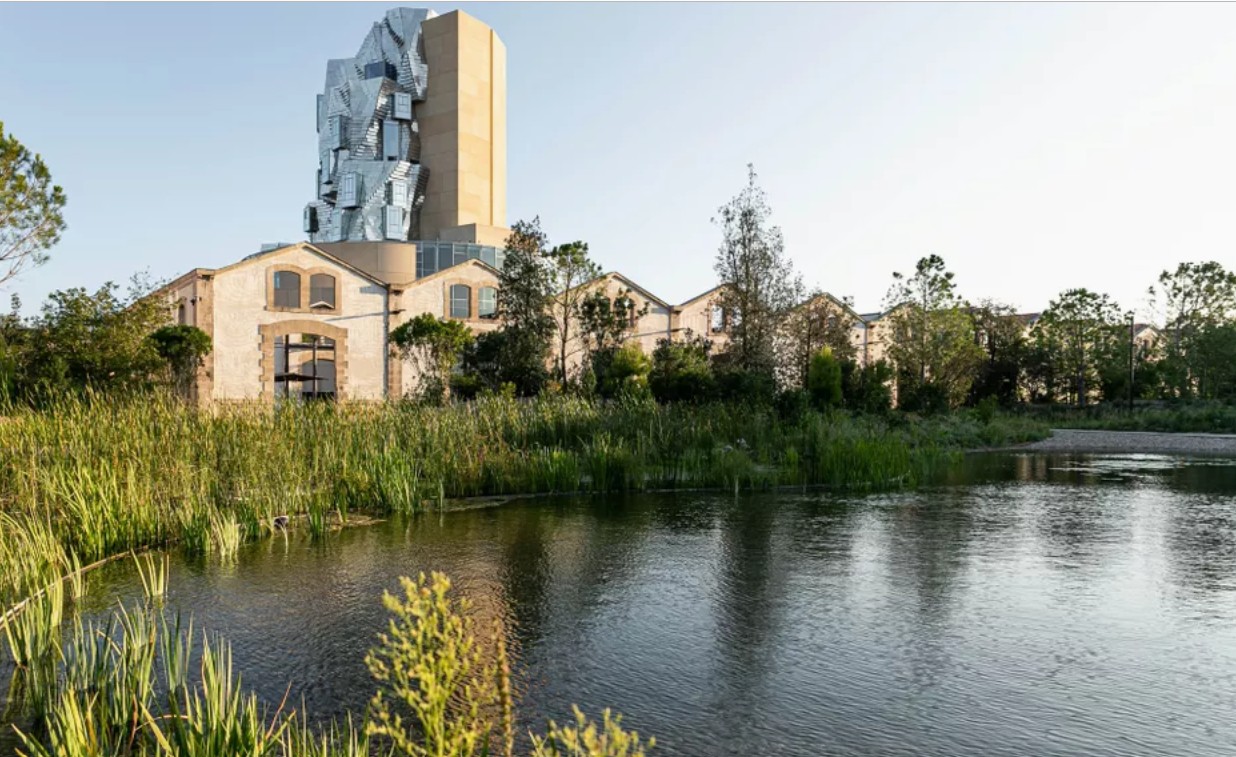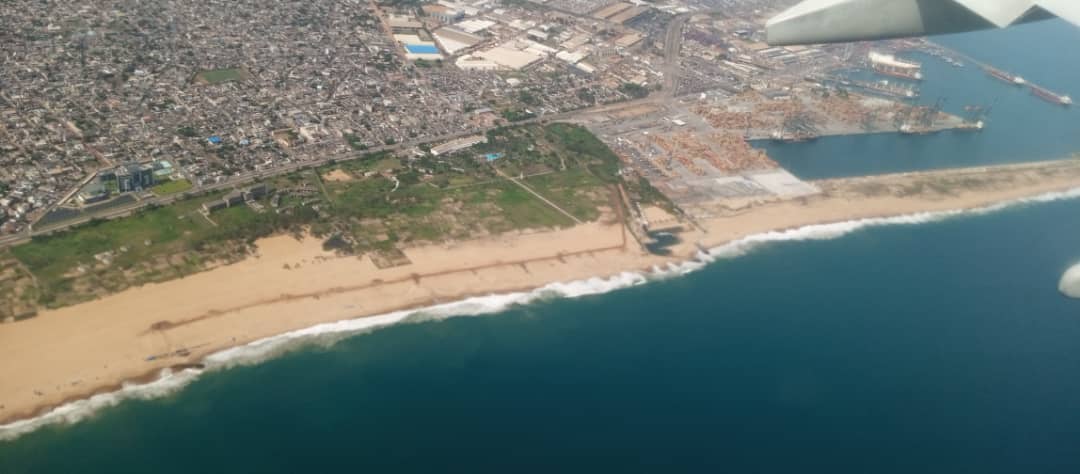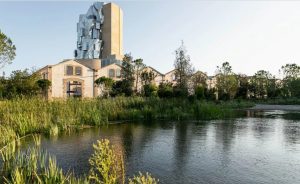Frugality: The new investment strategy for sustainable real state in France?
Frugality: The new investment strategy for sustainable real state in France?

While the real estate and construction sectors are under pressure to reduce their carbon footprint, a movement in France is proposing a radical approach: frugality. Far from being a constraint, this philosophy is becoming a viable and profitable economic model for real estate investment and development. The 6th National Frugality Meetings (Movement for Happy and Creative Frugality), organized from September 26 to 28, 2025, in Saint-Ouen, will bring together professionals to explore this path.
Facing Sector Challenges
Regulatory pressure is increasing. This includes the progressive ban on renting “thermal sieves” (DPE F and G ratings). Raw material prices are volatile. These factors force a re-evaluation of construction methods. The frugality approach emphasizes reuse. It promotes the use of local and biosourced materials. This minimizes risks and overall costs.
The energy renovation market is changing fast. Public support schemes are evolving. It is crucial to rely on a complete financial ecosystem. This ecosystem allows investors to finance sustainable renovation. It works even without massive direct subsidies.
The “Stacking Financing” Concept
The new investment model is based on “stacking financing.” Its goal is clear: create synergy. This means combining basic financing, subsidized loans, private premiums, and tax incentives.
France has climate objectives. It must invest 32 billion euros per year in housing renovation according to a new report from I4CE. This effort must happen by 2030. The stakes are colossal. 4.8 million “thermal sieves” is needed to renovate. These are the F or G rated homes. The market is ready. It offers great opportunities. Actors must master financial engineering. This maximizes the return on investment.
The Three Pillars of the Investor Ecosystem
This strategic approach revolves around three main pillars. Mastering them is key to maximizing profitability.
1. Energy Savings Certificates (CEE): The Private Premium
This is a market-based system. Energy suppliers (obligated parties) must achieve energy savings. They pay premiums for renovation work. The total financial effort remains around 4 billion euros in 2025 (5th CEE period). These premiums are quick. They are significant and cumulative. They provide the initial financial boost.
2. Land Deficit (Déficit Foncier): The Tax Lever
This is a purely fiscal mechanism (General Tax Code). It is for landlord-owners. Renovation work is deducted from rental income. If expenses exceed rent, a deficit is created. This deficit is deducted from the investor’s overall income. This directly reduces their tax. It is a direct profitability argument.
3. The Zero-Interest Eco-Loan (éco-PTZ): Subsidized Financing
It is an interest-free loan. The State covers its cost. It funds energy renovation. The amount can reach 50,000 euros. It is available to landlord-owners. The main appeal is the zero interest rate. The repayment period can reach 20 years. It funds the “remaining cost” of the work.
Frugality, an Accelerator of Profitability
The frugality approach strengthens the financial model. Using less expensive materials (reuse, biosourced) reduces the total cost of the work.
For instance, using straw or wood-fiber for insulation is often cheaper. These solutions are also quicker to implement than complex, high-tech systems.
This reduction in initial spending lowers the “remaining cost” to be financed. This mechanically increases the leverage effect of the CEEs, Land Deficit, and Éco-PTZ. The Cartoucherie eco-district in Toulouse is a key reference. It proves this approach is feasible at scale.
By Houmi Ahamed
Share this content:









